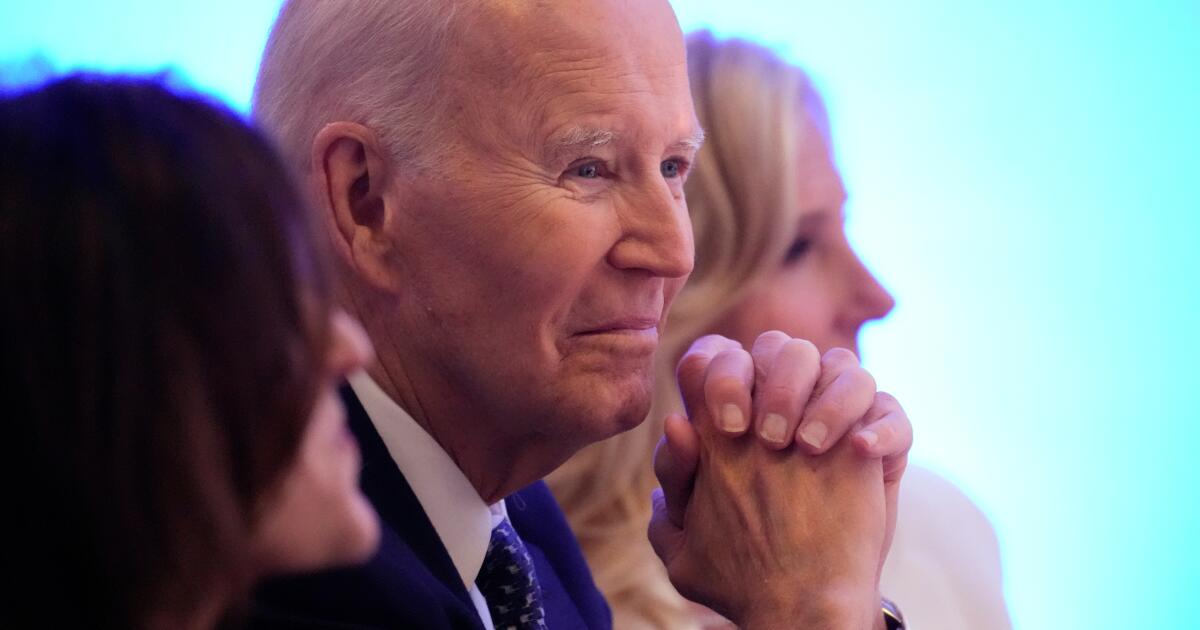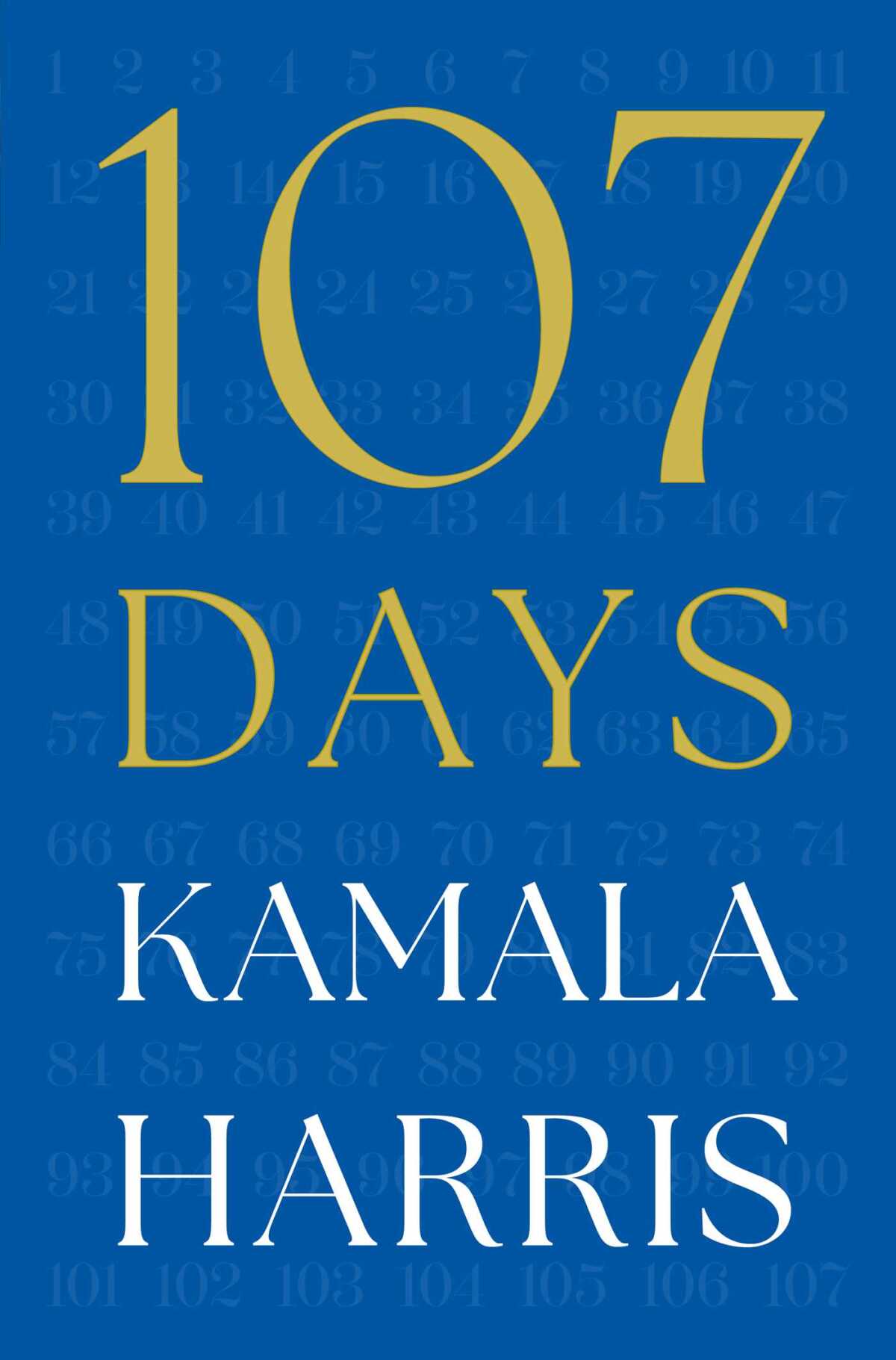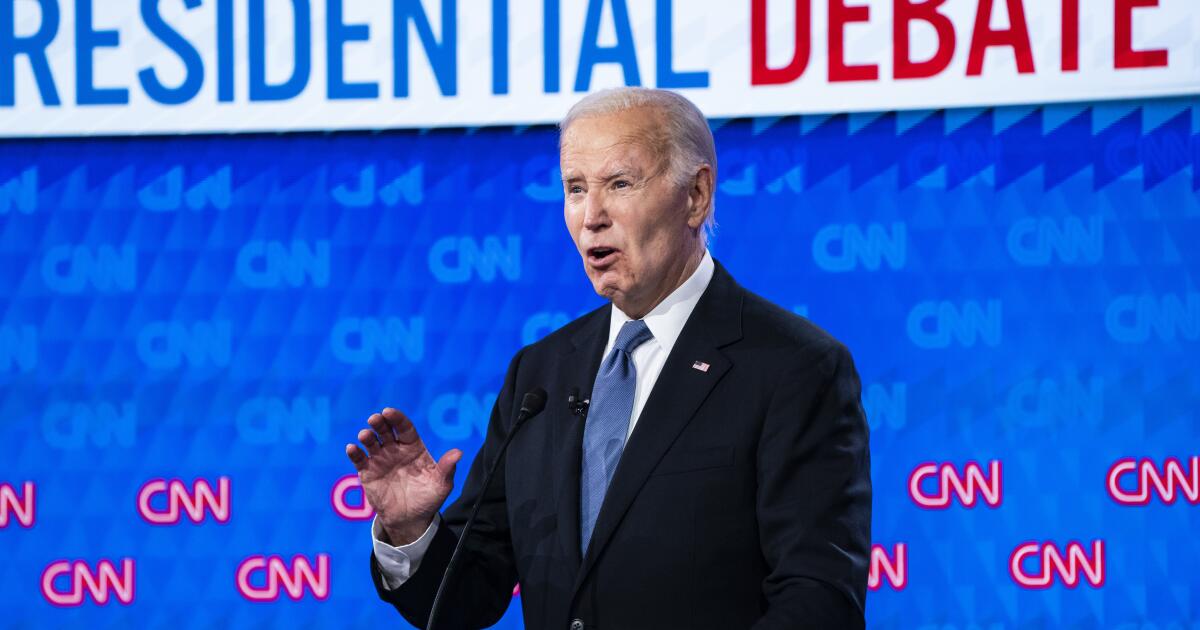Republicans send Biden autopen report to the Justice Department, urging further investigation
WASHINGTON — House Republicans on Tuesday unveiled their long-promised report on former President Biden’s use of the autopen, delivering a blistering critique of his time in office and inner circle that largely rehashes public information while making sweeping accusations about the workings of his White House.
The GOP report does not include any concrete evidence that aides conspired to enact policies without Biden’s knowledge or that the president was unaware of laws, pardons or executive orders signed in his name. But Republicans said their findings cast doubt on all of Biden’s actions in office. They sent a letter to Attorney General Pam Bondi urging a full investigation. President Trump ordered a similar inquiry earlier this year.
At its core, the report advances contested claims that Biden’s mental state declined to a degree that allowed White House officials to enact policies without his knowledge. It focuses heavily on the pardons he granted in office, including to his son, Hunter Biden, based on depositions with close Biden aides.
“The cost of the scheme to hide the fallout of President Biden’s diminished physical and mental acuity was great but will likely never be fully calculated,” the report reads. “The cover-up put American national security at risk and the nation’s trust in its leaders in jeopardy.”
Biden has strenuously denied he was unaware of his administration’s actions, calling such claims “ridiculous and false.” Democrats on the House Oversight committee denounced the probe as a distraction and waste of time.
Republicans are shifting attention back to Biden at a tumultuous time, 10 months into Trump’s presidency, with the government shut down and Congress at a standstill over legislation to fund it. House Speaker Mike Johnson, R-La., has kept the House out of session for nearly a month, with most public-facing committee work grinding to a halt.
The report on Biden was largely compiled over several months before the shutdown began. Based on interviews with more than a dozen members of Biden’s inner circle, the report offers few new revelations, instead drawing broad conclusions from unanswered questions.
It includes repeated references to polls of Biden’s approval rating and perceptions of his public gaffes and apparent aging, much of it publicly known.
It alleges a “cover-up of the president’s cognitive decline” orchestrated by Biden’s inner circle and takes particular aim at Biden’s doctor, Kevin O’Connor, who invoked his Fifth Amendment right against testifying. Republicans also singled out senior aides Anthony Bernal and Annie Tomasini, who similarly pleaded the Fifth. All three “should face further scrutiny” from the Justice Department, Republicans said.
Republicans also sent a letter to the D.C. Board of Medicine urging that O’Connor face “discipline, sanction or revocation of his medical license” and “be barred from the practice of medicine in the District of Columbia.”
The report does not include full transcripts of the at-times multiple hours of recorded testimony that witnesses delivered before the committee. It repeatedly scolds Biden officials and Democratic allies for defending Biden’s mental state.
“The inner-most circle, or cocoon, of the White House senior staff organized one of the largest scandals in American history — hiding a cognitively failing president and refusing any means of confirmation of such demise,” the report says.
While the report claims that record-keeping policies in the Biden White House “were so lax that the chain of custody for a given decision is difficult or impossible to establish,” Republicans do not offer any concrete instances of the chain of command being violated or a policy being enacted without Biden’s knowledge.
Still, Republicans argue that Biden’s use of the autopen should be considered invalid unless there is documented proof of him approving a decision.
“Barring evidence of executive actions taken during the Biden presidency showing that President Biden indeed took a particular executive action, the committee deems those actions taken through use of the autopen as void,” the report says.
Democrats and legal experts have warned that broad scrutiny of executive actions could pose future legal headaches for the Trump administration and congressional Republicans, who also often enact policies directed by lawmakers through devices like the presidential autopen.
Brown and Cappelletti write for the Associated Press.


